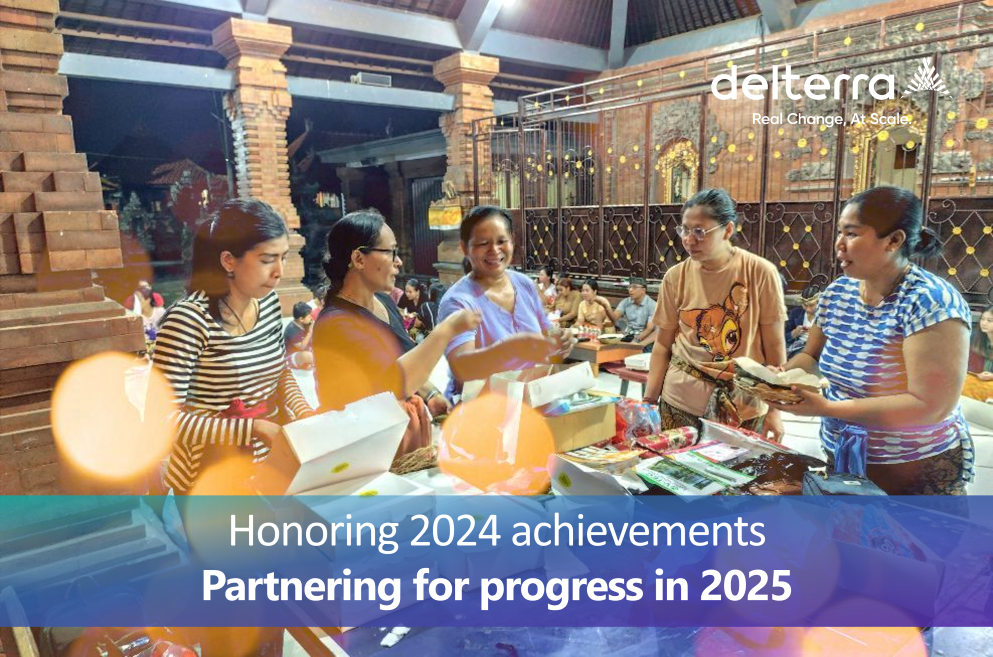Dear Friends,
As 2024 draws to a close, I want to take a moment to celebrate the milestones we’ve achieved together this past quarter and over 2024. Through bold initiatives and steadfast partnerships, Delterra has continued to innovate, scale and drive action toward a greener and kinder world.
None of this would be possible without the dedication and support of our teams and partners, so I’d like to extend a heartfelt thank you to all of those who have contributed both inside and outside of the organization.
Looking forward to 2025, we are already looking at new ways to deliver impact and engage our global and local partners. We will share more as we evolve our thinking and will look to include you as we build out our plans.
In the meantime, wishing you all a very happy holiday season and a productive start to the new year. We look forward to being in touch in 2025.
With gratitude,
Shannon Bouton
President & CEO, Delterra
Innovative organics recovery to combat methane emissions
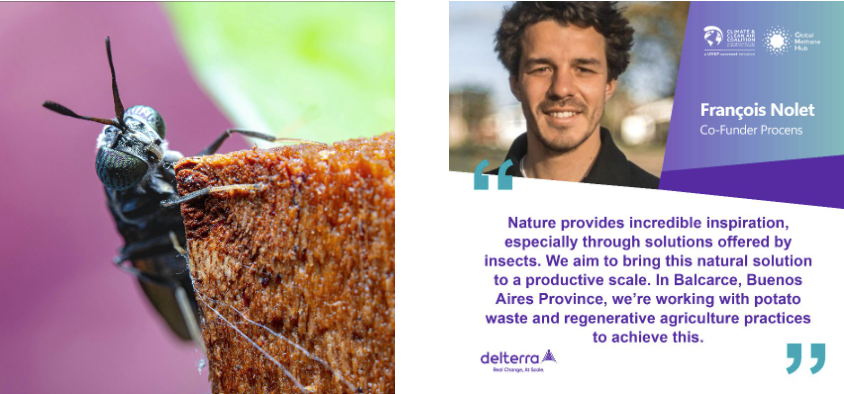
In collaboration with the Climate & Clean Air Coalition and Global Methane Hub, Delterra launched a webinar series focusing on scaling organic waste recovery solutions in the Global South. These sessions address the urgent issue of methane emissions caused by organic waste in landfills and explore innovative, scalable techniques for mitigation.
The first webinar introduced the black soldier fly method for organic waste treatment in Latin America, offering valuable insights from experts and partners. The second session, conducted in partnership with the Argentine Composting Association, examined both decentralized and centralized composting approaches. Presentations highlighted biological composting techniques, regulatory frameworks and real-world applications.
These discussions pave the way for broader adoption of solutions that address one of the most potent greenhouse gases—methane.
Supporting frontline efforts on plastic waste
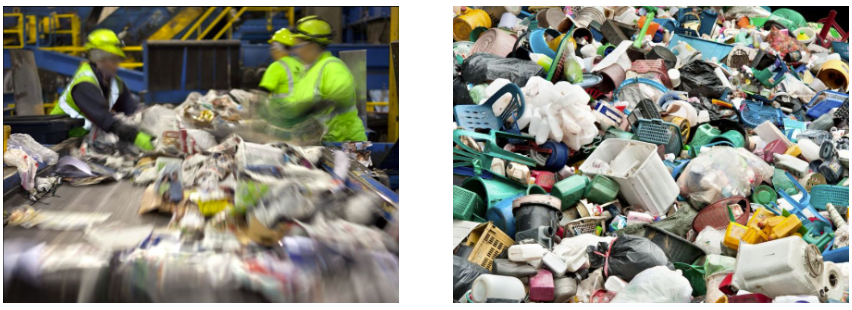
In partnership with Systemiq, we released a white paper addressing critical sustainability gaps in the consumer-packaged goods (CPG) sector. The paper emphasizes the sector’s role in reducing plastic waste and advancing recycling systems to align with international climate goals and meet rising regulatory and consumer demands.
Key insights include the importance of shared, pre-competitive data solutions to overcome packaging challenges and help CPG companies achieve sustainability targets while mitigating risks.
Championing systemic change. Calling for more risk-takers
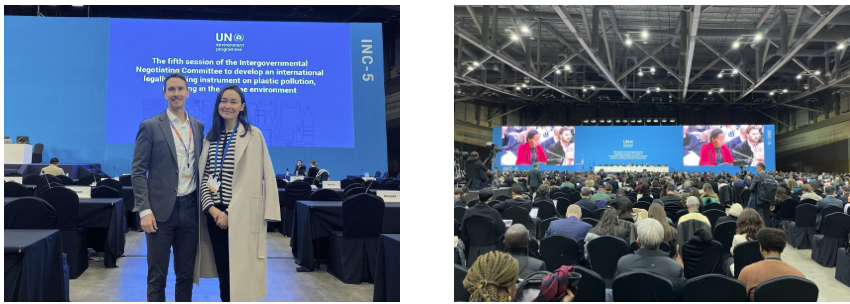
This quarter, we leveraged global conversations like COP29 and the plastics treaty negotiations to champion systemic and scalable change.
Alongside COP29, we highlighted the urgency of bridging the bankability gap to finance climate solutions at scale. We emphasized the need for actionable solutions with immediate impact, drawing on successes from our programs in Argentina, Brazil and Indonesia.
During the INC5 session in South Korea, we continued to advocate for a strong and binding global plastics treaty. While the session didn’t yield the anticipated agreement, we remain committed to pushing for meaningful progress rather than settling for a diluted outcome. The key points of contention at this stage are chemical phase-outs, plastic production limits, and funding mechanisms.
We engaged with stakeholders across the public and private sectors, creating and strengthening alliances to support our mission. Brazil showed encouraging support for production reductions, while Argentina and Indonesia took more cautious positions. As negotiations continue into INC5.2 next year, we will remain steadfast in advocating for the enabling conditions—such as Extended Producer Responsibility and financing—needed to accelerate impactful solutions. Please reach out to us with any questions or insights as we move forward together.
Local impact: Stories of innovation, progress and partnerships
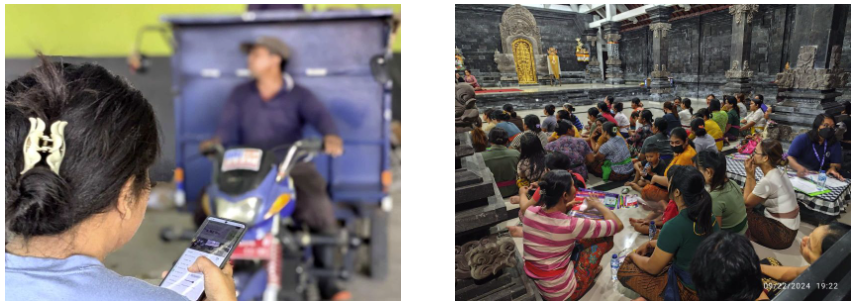
Scaling the circular economy in Bali: In Indonesia, our work continues to transform waste management systems. Centered on community education, our behavior change initiatives have engaged nearly 4,000 participants, empowering households, businesses and local leaders to adopt effective waste separation practices. As a result, we have tripled the recyclables processing capacity across all villages. Meanwhile, Bali’s Mengwitani facility has become Indonesia’s largest organics processing site, setting a new benchmark for circularity and sustainable waste solutions.
Expanding Our Reach in Brazil: Delterra and Recicleiros are joining forces with the city of Guaxupé to implement innovative approaches in Brazil aimed at improving recycling participation and recovery rates. This public-private partnership in Brazil serves as a model for how cities in the Global South can successfully build capacity for sustainable waste management systems. In this brand-new pilot program, with the support of our partners The Alliance to End Plastic Waste, the city has already experienced a significant increase in the volume of recyclables recovered.
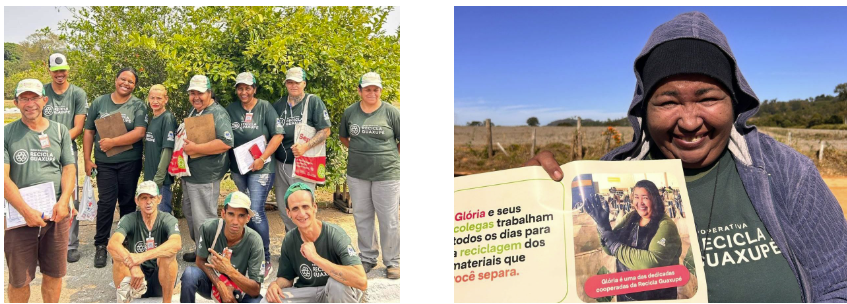
Latest videos
Is behavior change the ‘secret sauce’ to improving Bali’s waste management systems? Watch now.
Discover how Delterra is transforming systems with scalable solutions that advance a circular economy and improve environmental and social outcomes. Watch now.
More from Delterra
Tackling Sustainability Gaps & Plastic Pollution
A new white paper, co-authored by Delterra and Systemiq, highlights key challenges and opportunities in packaging data that, if addressed, could drive significant progress in sustainable packaging and plastics management.
Urgent Climate Solutions Need Risk-Takers: Why We Need to Overcome the Bankability Gap
As climate change worsens, the gap between rhetoric and real action becomes more glaring. It’s time to shift focus from promises to pragmatic solutions that can deliver immediate impact.
Subscribe & share
Be sure to subscribe to our newsletter and share with a friend to get real world insights and practical actions for a circular economy!
